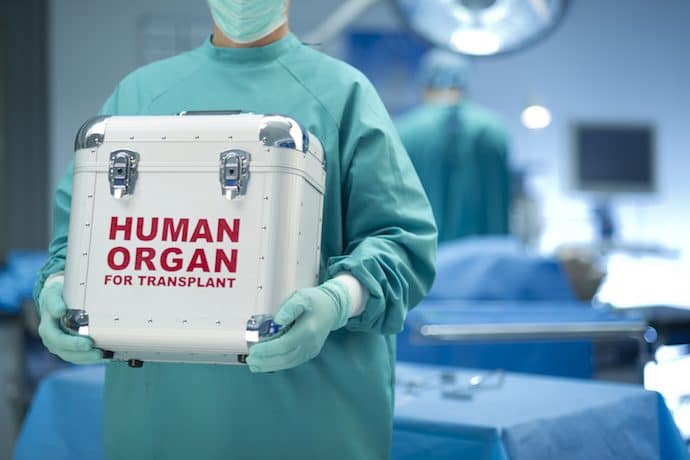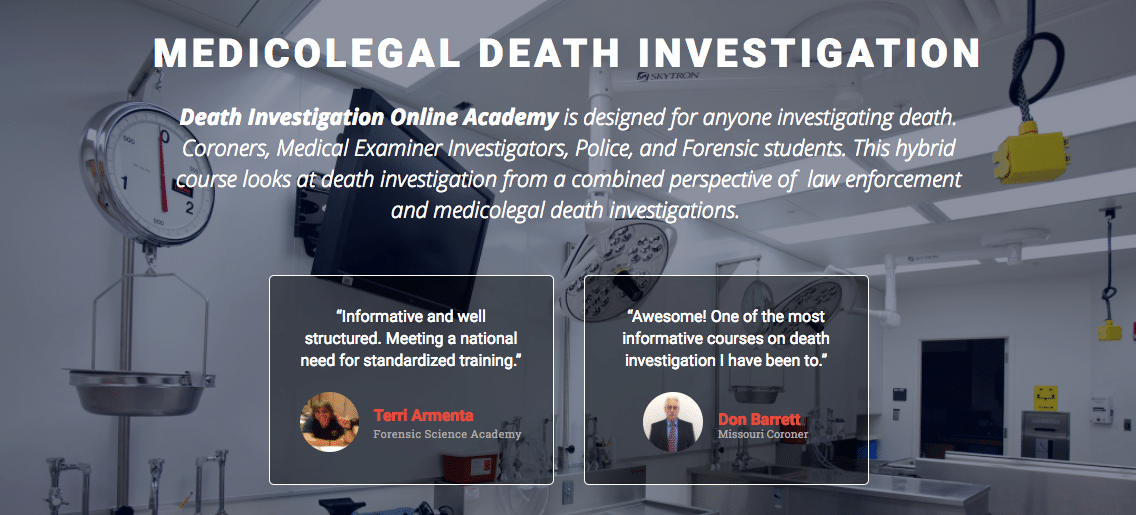 Coroner and Medical Examiner Offices play an important role in the organ and tissue donation process. Since all unexpected deaths require Coroner or Medical Examiner review, their cooperation and support is vital for ensuring successful organ and tissue donations, benefiting thousands of transplant recipients each year.
Coroner and Medical Examiner Offices play an important role in the organ and tissue donation process. Since all unexpected deaths require Coroner or Medical Examiner review, their cooperation and support is vital for ensuring successful organ and tissue donations, benefiting thousands of transplant recipients each year.
What is an OPO?
In the United States, an organ procurement organization (OPO) is a non-profit organization that is responsible for the evaluation and procurement of deceased-donor organs for organ transplantation. There are 58 such organizations in the United States, each responsible for organ procurement in a specific region, and each a member of the Organ Procurement and Transplantation Network (OPTN), a federally mandated network created by and overseen by the United Network for Organ Sharing (UNOS).
The individual OPOs represent the front-line of organ procurement, having direct contact with the hospital and the family of the recently deceased donor. Once the OPO receives the consent of the decedent’s family, it works with UNOS to identify the best candidates for the available organs and coordinates with the surgical team for each organ recipient.
OPOs are also charged with educating the public to increase awareness of and participation in the organ donation process.
Episode Guest
In this episode, I talk with Midwest Transplant Network about the need the C/ME system to work closely together and what that can mean to the people needing a donation. We discuss what types of donation can be made and what most OPO’s are wanting to see from the C/ME network across the country.
 Medicolegal Death Investigation – Online Academy
Medicolegal Death Investigation – Online Academy

The Death Investigation Training Academy was founded to play an integral role in the death investigation community. The need for quality accredited training is in short supply and high demand. Using a combination of classroom training, live on site scenario exercises, and web-based training, the Death Investigation Training Academy is filling the need of 21st-century investigators.
coroner,police training, darren dake,sheriff,deputy,coroner association,murder scenes,auto fatalities,csi,first responders,autoerotic fatalities,become a coroner,forensic science crime scene investigation,forensic science crime,scene investigator,forensic training,forensics training,how to be a crime scene investigator,how to become a death investigator,how to become a medical examiner,how to become a medical examiner investigator,medical examiner investigator training,medical investigator training,medicolegal death,medicolegal death investigator training,murder scenes,pictures of murder scenes,murder,real murder crime scenes,traffic deaths,traffic fatalities,what does it take to be a coroner,what does it take to be a criminal investigator,firefighter,fire training,firefighter training,autoerotic fatalities,become a coroner,coroner information,crime scene clean up training,crime scene cleaning training,crime scene cleanup training,crime scene investigation,crime scene investigation classes,crime scene investigator courses,crime scene investigator school,crime scene jobs,crime scene photography,crime scene photography training,crime scene technician,crime scene technician training,crime scene training,criminal investigation,criminal investigator,criminal justice,criminal justice forensic science,criminal justice forensics,criminal scene investigation,death crime scenes,death investigation training,death investigator training,death investigators,forensic death investigator,forensic investigator,forensic photography, crime scene clean up,crime scene bio-hazard, using plants in criminal investigation,forensic botany,dr.jane bock,death investigator magazine,dr judy melinek,badge of life,american college of forensic examiners,acfei,american board of medicolegal death investigators,abmdi,matthew lunn,underwater crime scene,mike berry,online learning,lopa



 This exclusive first of its kind Medicolegal Death Investigation (MLDI) kit contains all the items you need to document and collect evidence from the most important piece of evidence at any death scene – The Body. Designed for Coroners, Medical Examiner Investigators, and anyone responsible to investigate and process a death.
This exclusive first of its kind Medicolegal Death Investigation (MLDI) kit contains all the items you need to document and collect evidence from the most important piece of evidence at any death scene – The Body. Designed for Coroners, Medical Examiner Investigators, and anyone responsible to investigate and process a death.